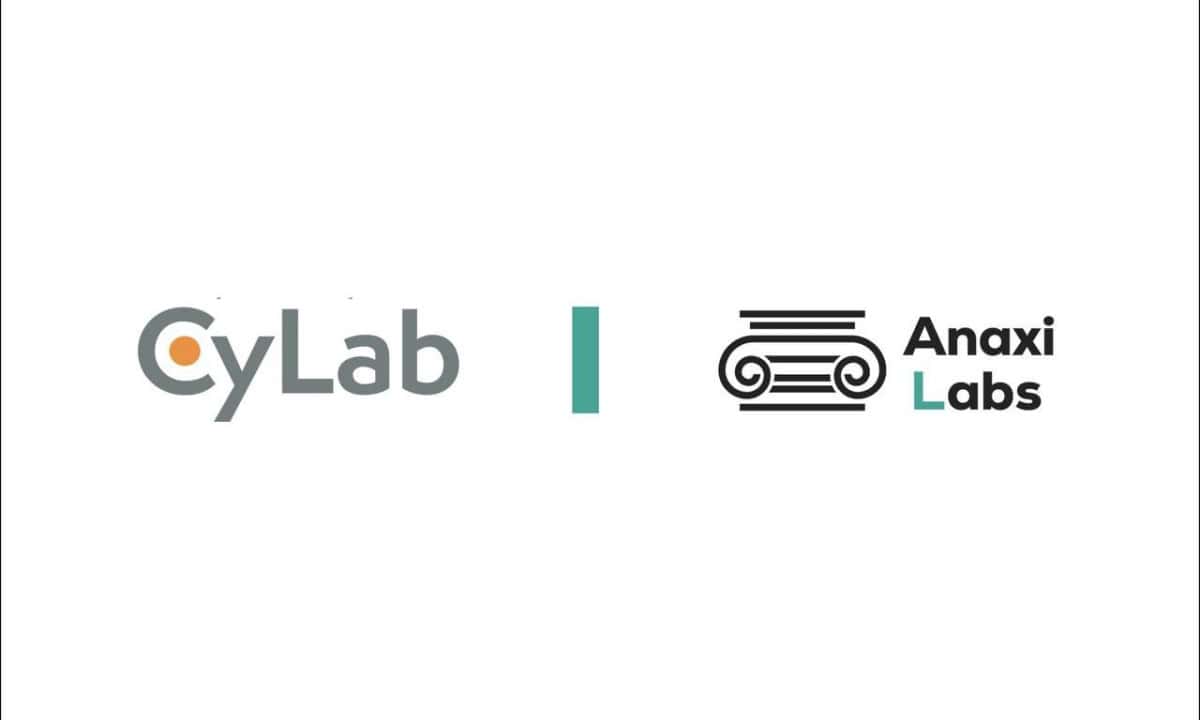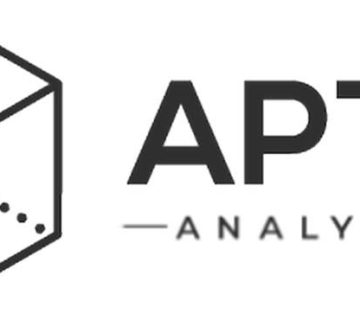[PRESS RELEASE – Pittsburgh, United States, December 6th, 2024]
Anaxi Labs, in collaboration with Carnegie Mellon University’s CyLab, the university’s cybersecurity and privacy institute, is announcing a compiler framework for cryptography that resolves an impasse – building scalable applications with Zero-Knowledge require fundamental trade-offs. The elusive trifecta of scalable, cryptographically-secured and decentralized applications have been considered impossible, and a barrier to mass adoption — until now.
A Breakthrough in Cryptography with No Trade-Offs
Blockchains such as Ethereum have been hailed as the future of decentralized infrastructure, with Zero-Knowledge (ZK) technology heralded to enhance Ethereum’s security and scalability beyond 120 TPS. According to the team, developing ZK proofs is complex and time-consuming, requiring thousands of hours across dozens of developers. Prioritizing speed in proof generation also means manually designing protocols, and with manual coding and tens of thousands of lines of code this introduces significant security vulnerabilities. This complicates the creation of security-sensitive decentralized applications and makes auditability and compliance a nightmare – all hindrances to widespread adoption in regulated industries such as finance, healthcare and AI.
A team of Carnegie Mellon researchers is collaborating with Anaxi Labs to overcome this trade-off
CMU’s recent paper presents a revolutionary way to directly compile high-level software and convert it into simpler forms (low-level representations) needed for underlying proof systems to work. And all this is done automatically, repeatable and auditable, getting rid of the manual work, drastically improving performance while cryptographically ensuring security of the process. The work achieves this by analyzing the high-level program, breaking the program into small, indivisible units, then creating low-level representation from each unit that can be easily inputted into varieties of proof systems.
“This idea of breaking the computation into very specific chunk
Go to Source to See Full Article
Author: Chainwire





